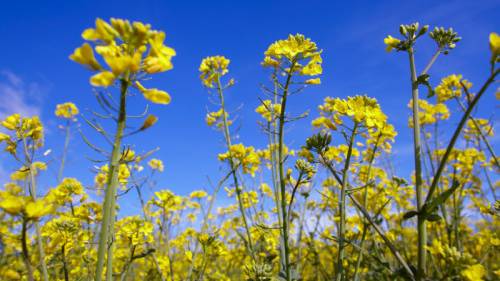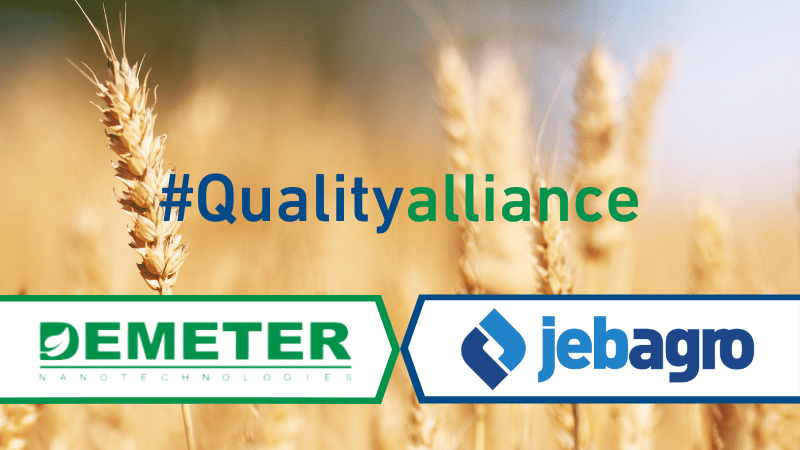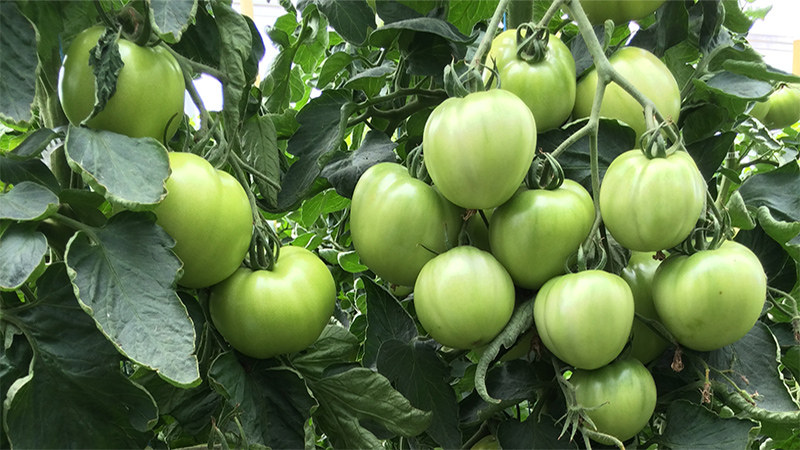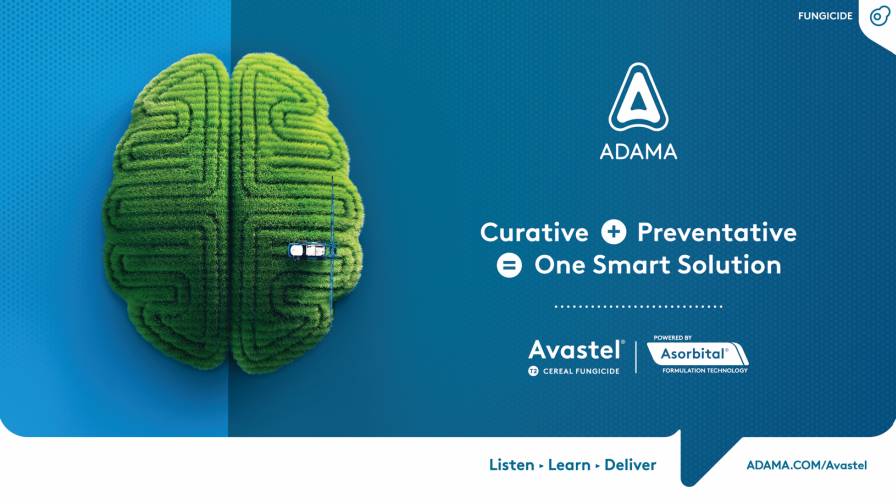Why Glyphosate’s License Is Up for Debate Again in Europe
The European Union is nearing a decision on a hotly contested question: whether to renew the license for glyphosate — the world’s most widely used weedkiller and a key ingredient in Bayer AG’s popular Roundup. It’s a debate that pits the farm industry against activists who say the substance poses environmental and health risks, concerns shared by Germany, France, Austria and Luxembourg, writes Lyubov Pronina at The Washington Post. The current EU license expires in mid-December. If the EU executive’s proposal for a 10-year renewal fails, it could have a major impact on agriculture and food costs.
In use for almost five decades, glyphosate is present in hundreds of pesticides. Agriculture accounts for the bulk of global demand, though home gardeners use it too. The chemical is mainly used to combat weeds but also helps crops dry and ripen. The dead weeds are no longer available to insects and other small animals as a habitat and source of food, which affects biodiversity. As usage has soared, traces of the chemical have been found in foods including breakfast cereals and cookies, while residues have also been detected in water, soil, drinks and human urine. Glyphosate accounted for one-third of the total herbicide market in the EU in 2017, the most recent year available.
Glyphosate was declared a probable human carcinogen in 2015 by the International Agency for Research on Cancer, an arm of the World Health Organization. That prompted a flood of lawsuits, many targeting Bayer, which bought Roundup maker Monsanto Co. for $63 billion in 2018. However, the US Environmental Protection Agency has maintained since at least 2017 that glyphosate “is not likely” to be carcinogenic. The European Chemicals Agency said again last year that classifying it as a carcinogen is not justified, and the European Food Safety Authority published a new review in July in which it said it found no “critical areas of concern” that would render the product unsafe for public use. It said, however, that data gaps remain in such areas as consumer diets and aquatic plants, and that there is a “high long-term risk to mammals in 12 out of 23 proposed uses.”
Read more at The Washington Post.





